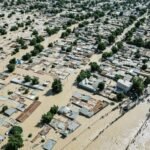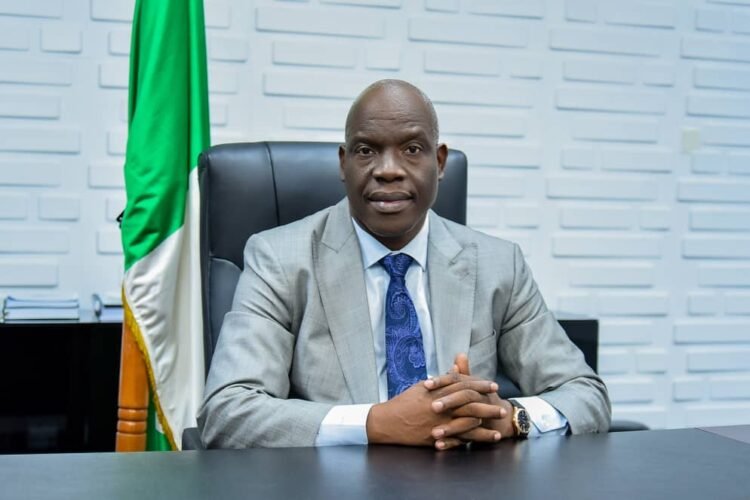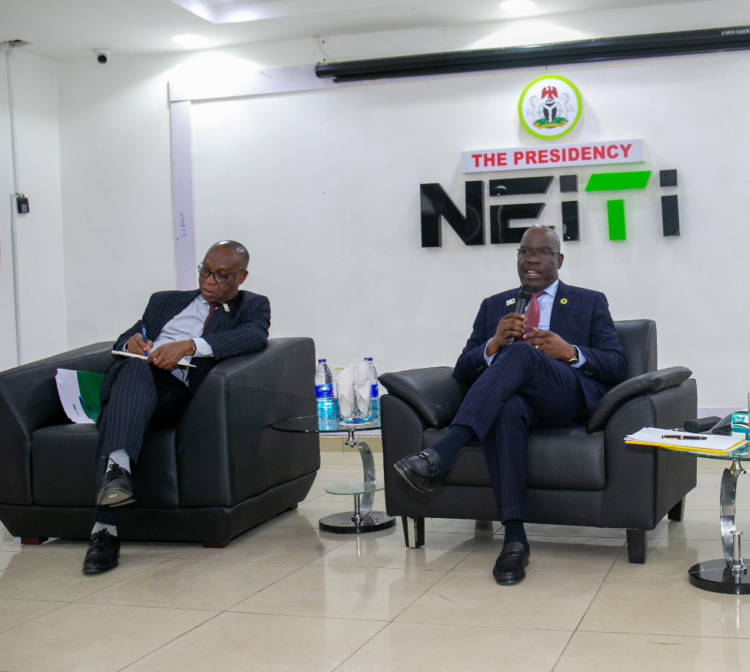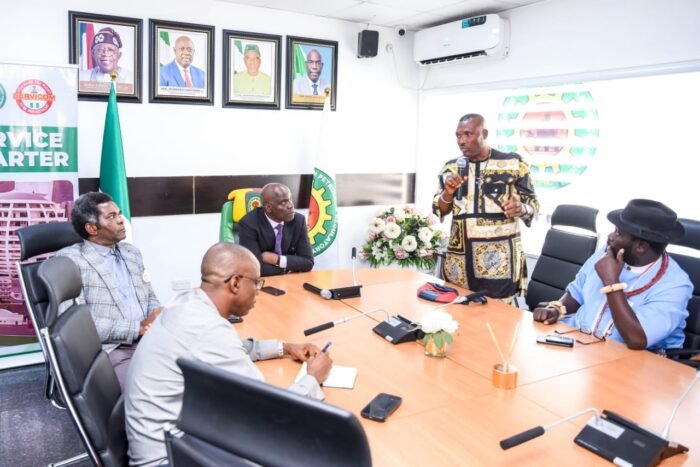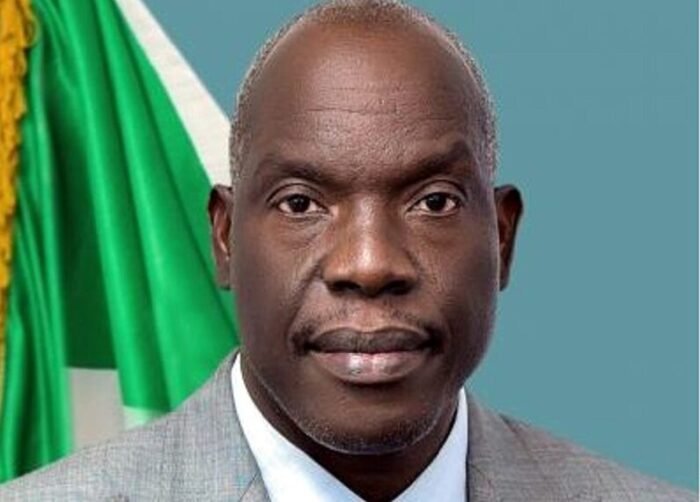Oil block Licencing: NUPRC extends deadline for pre-qualification documents submission
By Emmanuella Anokam
The Nigerian Upstream Petroleum Regulatory Commission (NUPRC) has announced the extension of the deadline for the registration and submission of pre-qualification documents for the 2024 oil block licensing round.
Mr Gbenga Komolafe, Commission Chief Executive (CCE), NUPRC, announced the extension in a statement issued on Wednesday.
Komolafe said the registration and submission of pre-qualification documents which was initially scheduled to close on June 25, 2024 had been extended by 10 days, and would now close on July 5, 2024.
According to him, the data access, data purchase, evaluation, bid preparation and submission initially scheduled to open on July 4 and close on Nov. 29, will now start on July 8 and close on Nov. 29, 2024 as previously scheduled.
He said all other dates in the published 2024 Licencing Round Schedule remained the same unless otherwise communicated.
“In pursuit of the Commission’s commitment to derive value from the country’s abundant oil and gas reserves and increase production, the Commission has been working assiduously with multi-client companies to undertake more exploratory activities.
“This is to acquire more data to foster and encourage further investment in the Nigerian upstream sector,” he said.
Komolafe said that as a result of additional data acquired in respect of deep offshore blocks, the Commission had added 17 deep offshore blocks to the 2024 Licensing Round.
He said that further details on the blocks could be found on the bid portal.
“In accordance with the published guidelines, we had earlier indicated that some of the assets on offer should be applied for as clusters, namely: PPL 300-CS & PPL 301-CS, PPL 2000 and PPL 2001.
“Bidders are hereby advised to bid for those blocks as clusters or as single units; it is optional,” the statement quoted Komolafe as saying.
Recall that some deep offshore blocks and other blocks which cut across onshore, were put on offer for the 2022/2023 Mini Bid Round.
Continental shelf and deep offshore terrains were also put on offer for the Nigeria 2024 Licencing Round.
In order to vacate entry barriers, the Commission had sought and obtained the approval of President Bola Tinubu, in line with his determination to create enabling and attractive investment regimes in the upstream oil and gas sector.
Tinubu who is also the Petroleum Minister had approved attractive fiscal regimes and also minimised entry fees for both licencing rounds by putting a cap on the signature bonus payable for award of the acreages.
“Consequently, it is necessary to ensure that the same bid criteria (in addition to the uniform signature bonus criteria) are applicable for both licencing rounds, to promote transparency and provide a level playing ground for all bidders.
”Since the criteria for the award of the oil blocks are now much more attractive than they initially were during the 2022/2023 Mini Bid Round, it is in the interest of equity and fair play to give all investors the same opportunity to bid for the assets.
”All blocks in the 2022/2023 and 2024 Licencing Rounds are available to all interested investors on br.nuprc.gov.ng and br2024.nuprc.gov.ng respectively.
“And the 2022/2023 Mini Bid Round registration phase is reopened to new applicants.
“The public is therefore invited to take advantage of this development and attractive entry terms and conditions and participate in the exercise,” the statement also quoted Komolafe as saying. (NAN)(www.nannews.ng)
=========
Edited by Emmanuel Afonne



